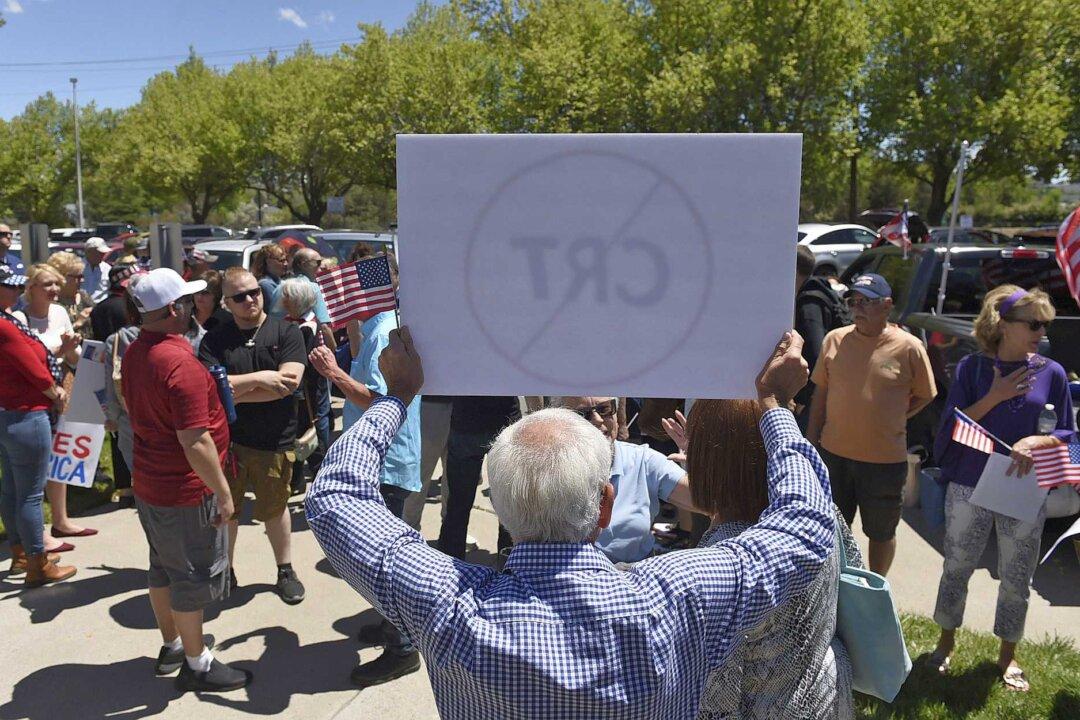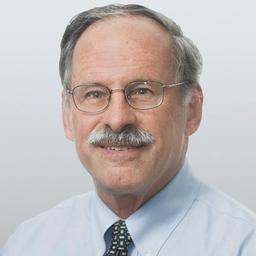Timothy Keiderling’s decision to enroll in the Princeton Theological Seminary reflected his commitment “to give my life to work for justice and to live out the values of the Kingdom of God.” In a letter to the seminary’s president, Craig Barnes, he wrote that he “would sacrifice anything to make sure that my brothers and sisters see relief from their oppression.”
But the seminary’s concept of justice clashed with Keiderling’s conscience when PTS required him to attend “anti-racism” training sessions that he considered a form of indoctrination. He refused to participate in the sessions even after being reminded that they were mandatory. And then—early this year, with the potent support of the newly founded Academic Freedom Alliance (AFA)—he convinced the seminary to exempt him from the training.


